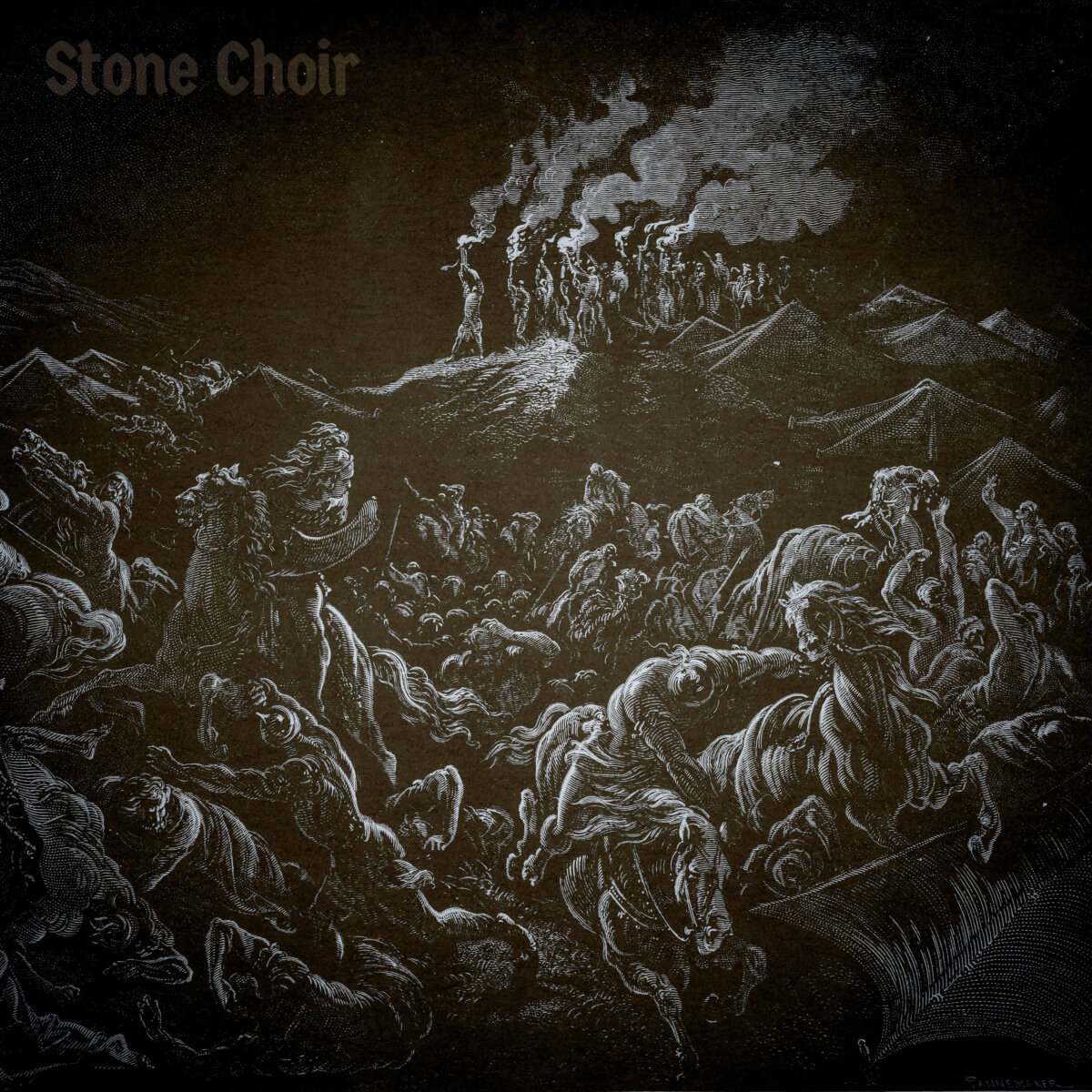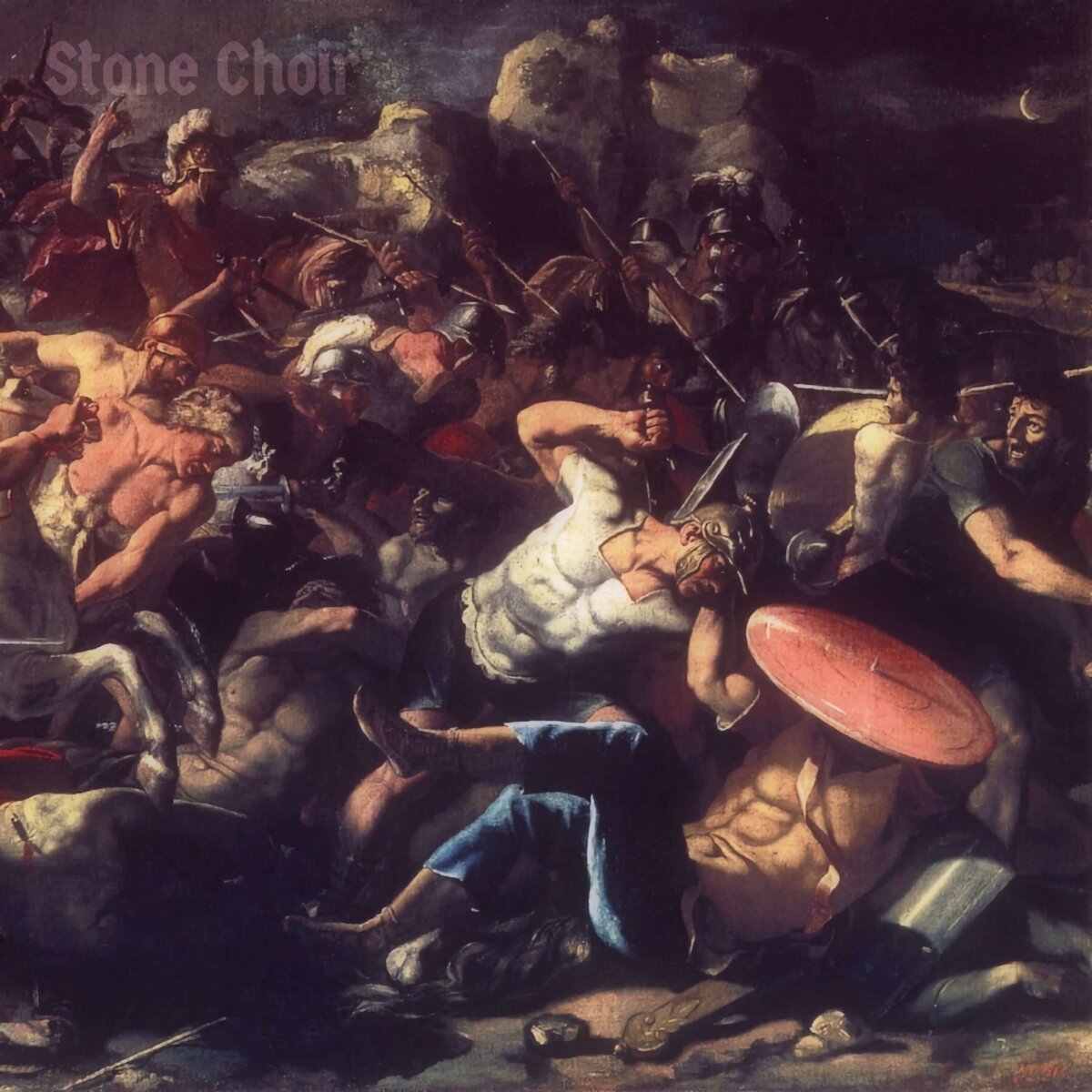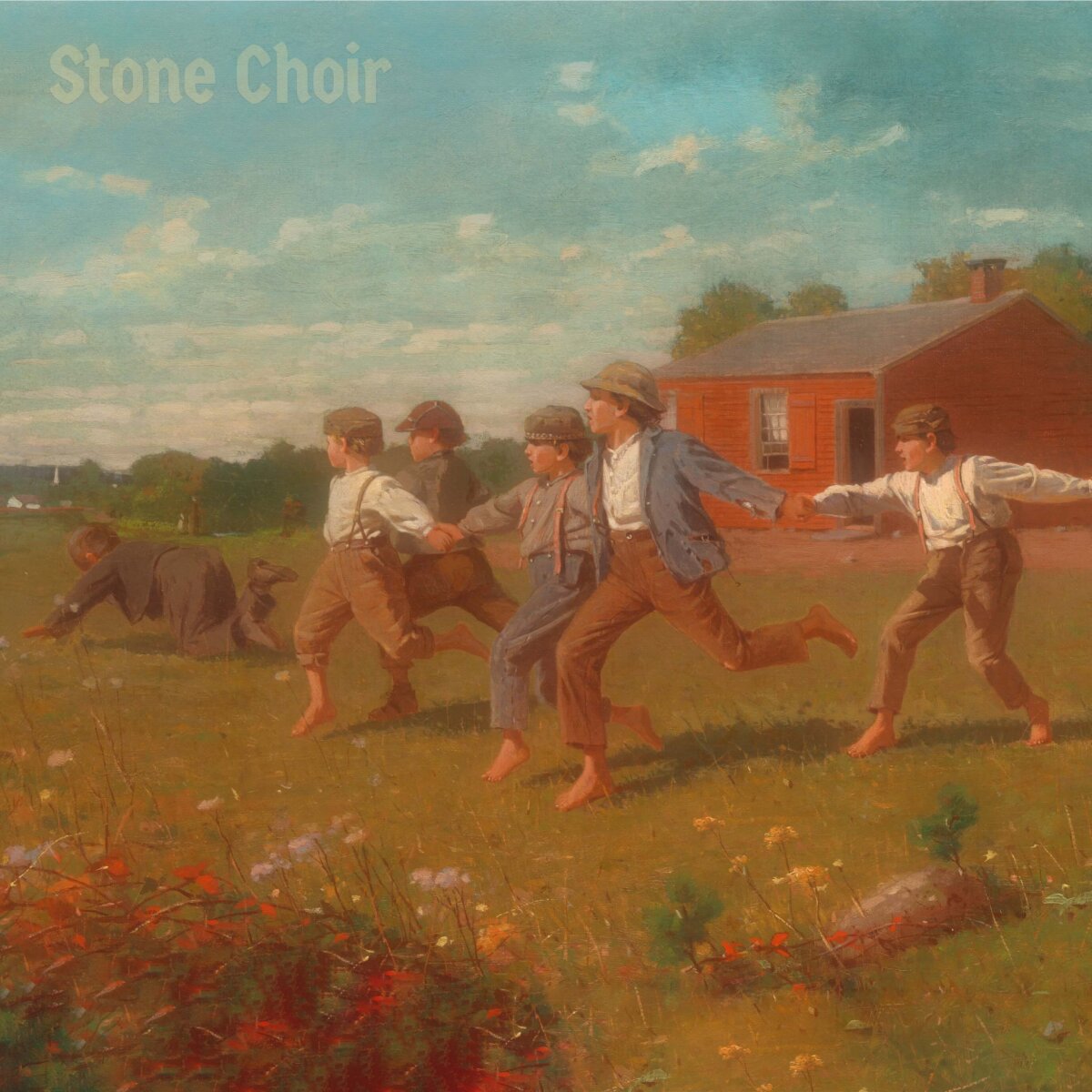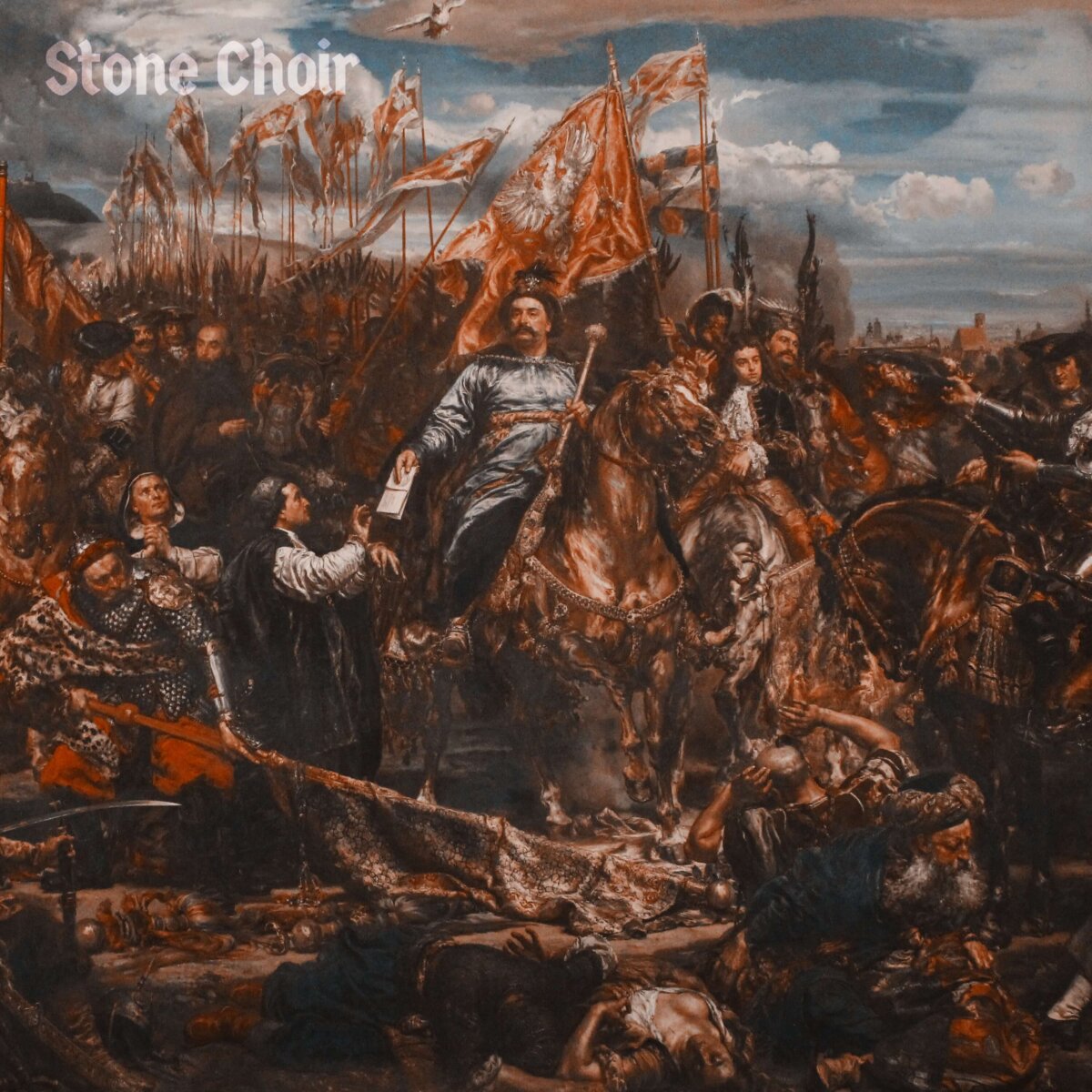Making Peace
Podcast: Play in new window | Download (Duration: 1:54:35 — 222.1MB) | Embed
Subscribe: Apple Podcasts | Spotify | Amazon Music | More
Hosts

Corey J. Mahler

“For unto us a Child is born and unto us a Son is given; dominion shall rest upon His shoulders, and His name shall be called Angel of Great Counsel, for I will bring peace upon the rulers and well-being to Him. Great is His dominion — and there is no end to His peace — upon the Throne of David and over His Kingdom, to establish it and uphold it with justice and righteousness, from now unto eternity. The zeal of the Lord of Hosts will accomplish this.”
The Lord is a God of peace, and those who follow Him are to be peacemakers, but to be a peacemaker does not mean to be a doormat or to refuse to utilize violence when and where morally warranted. In this life, peace will always be imperfect, for we live in a fallen world wherein suffering is both inevitable and inescapable, but the eschatological peace found in Scripture, in God’s promises is an absolute peace. As Christians, we have the perfect peace of God, which surpasses all understanding, upon which we can rely — whatever may come in this life.
Peace applies to all of the estates and spheres of life, but it does not apply univocally or identically. The peace that is appropriate to the home and that which contributes to that peace is not the same as the peace that applies to politics, and the latter may be sacrificed more readily in pursuit of higher goals. These are matters of wisdom, and the Christian must know how to comport himself in the home, in society, in the State, and in the Church — peace applies to them all, but not equally and not identically.
Where there are higher duties (e.g., in the State, in the Church), then a false peace may be sacrificed in pursuit of those higher duties. In the State, security trumps peace; in the Church, Martin Luther may have put it best: “Peace, if possible; truth, at all costs.”
Show Notes
See Also
Further Reading
Parental Warnings
None.
Current Sponsor(s)
Coming soon?
Support the Podcast
- Recurring Donation
- One-Time Donation
- Mahler’s Amazon.com Wish List
- Woe’s Amazon.com Wish List
- The Stone Choir 2024 Challenge Coin
- Update: Shipping has begun.
Comments?
Join the discussion on Telegram, visit the feedback form or comment below.









